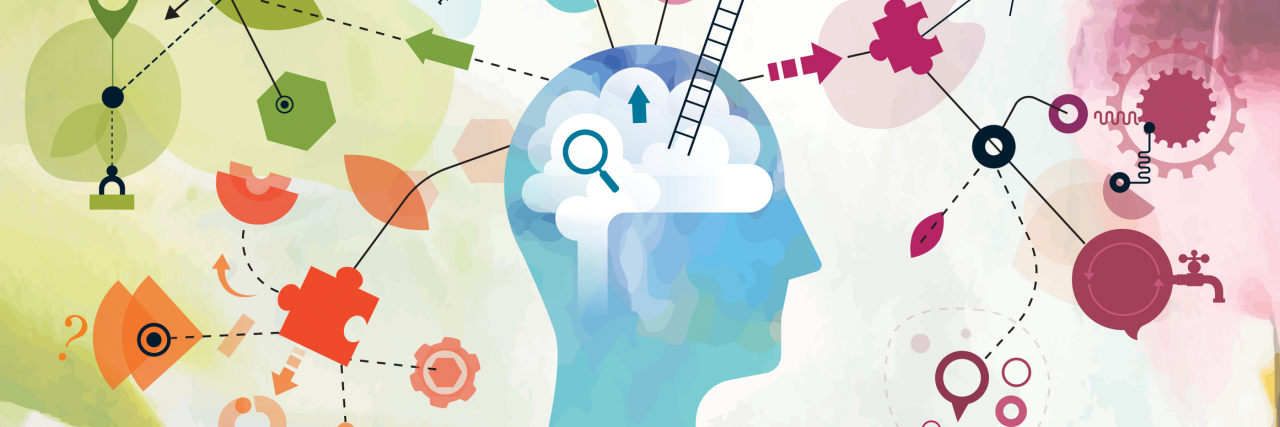William Dodson, MD, is the original creator of the interest, challenge, novelty, urgency (ICNU) framework. Read more about Dodson’s insights here,
Attention-deficit/hyperactivity disorder (ADHD) is an incredibly misunderstood and stigmatized condition. For many years, the Diagnostic and Statistical Manual of Mental Disorders (DSM) criteria for ADHD did not extend to adulthood, and mental health professionals perpetuated the false belief children with ADHD would simply outgrow the condition. This is an incredibly ableist and narrow-minded view of how mental wellness is impacted by our environment and can naturally fluctuate over the lifespan.
Other relevant stories:
• ADHD Eye Contact
• Famous People With ADHD
• How Does ADHD Affect Relationships?
• What is ADHD?
The name of the diagnosis itself is also incredibly problematic. It is based on the observational perspective of how ADHD manifests and presents, rather than the internal lived experiences of people actually diagnosed with the condition. In addition, the term ADHD fails to consider additional internal experiences many people with ADHD share, such as rejection sensitivity, demand avoidance, executive dysfunction, emotional dysregulation, and others.
From an outsider’s perspective, it may appear people with ADHD have an undersupply of attention. However, people with ADHD rarely struggle from a lack of attention; rather, we appear to experience dysregulated attention when compared to the functional norms of our neurotypical peers. People with ADHD are often able to hyperfocus on certain topics or tasks so intensely, we lose all sense of time. This “time-blindness” leads us to become so immersed in an activity that we often forget to eat at regular intervals, go to the bathroom, and engage in other important and time-sensitive activities.
At other times, however, people with ADHD simply cannot muster the ability to initiate or maintain attention on very important tasks that are necessary for surviving in our modern world. Making phone calls, for instance, can cause people with ADHD so much anxiety, we avoid them altogether. Engaging in personal hygiene, self-care, and housekeeping tasks on a regular basis is a constant battle. As you can imagine, prolonged demand avoidance of important tasks can result in high-stress situations that can cause emotional dysregulation, feelings of overwhelm, and shame. Without accommodation and intervention, this cycle can progress to the point of complete functional impairment, which can be debilitating.
Research suggests people with ADHD experience dysregulation related to two key neurotransmitters in the brain: dopamine and norepinephrine. Dopamine is considered to be the reward center of the brain, and assists with motivation, memory, and alertness. Norepinephrine assists with concentration, perseverance, and execution of tasks. Dysregulated dopamine and norepinephrine can result in an inability to self-motivate, self-organize, and initiate tasks.
In general, the neurotypical population is able to self-motivate, self-organize, and initiate tasks based on a certain set of criteria. This criteria is fueled by societal expectations, moral values, and other intrinsic motivators that readily allow them to initiate tasks when necessary. The absence of these abilities is often viewed as a moral failing, and leads to the stigma people with ADHD are “lazy.” However, to people with ADHD brains, this set of criteria is often meaningless and does not result in task initiation or motivation
As Dodson explains, people with ADHD have brains and nervous systems that follow a different set of rules that are based on the following: interest, challenge, novelty, and urgency.
Interest
ADHD brains are readily able to initiate and maintain focus on tasks that are interesting to them. This is why everyday, mundane tasks can be difficult to initiate and complete, but other tasks can result in hyperfocus.
Challenge
ADHD brains appreciate being challenged. The amount of challenge must be reasonable, as too much challenge can be overwhelming, but accomplishing a challenging goal or activity can result in a much-needed dopamine boost.
Novelty
ADHD brains crave novelty. This can be new ways of completing tasks, approaching problems, or learning new skills and information.
Urgency
ADHD brains function well when there is a sense of urgency. This is why many individuals with ADHD procrastinate and then engage in a flurry of activity at the last minute.
If tasks and activities can be altered to infuse aspects of interest, challenge, novelty, and urgency, people with ADHD may experience less demand avoidance and increased motivation. Understanding the ADHD brain and nervous system can be helpful for people with ADHD, and can be utilized to break the cycle of demand avoidance and shame.
Getty image by DrAfter123

